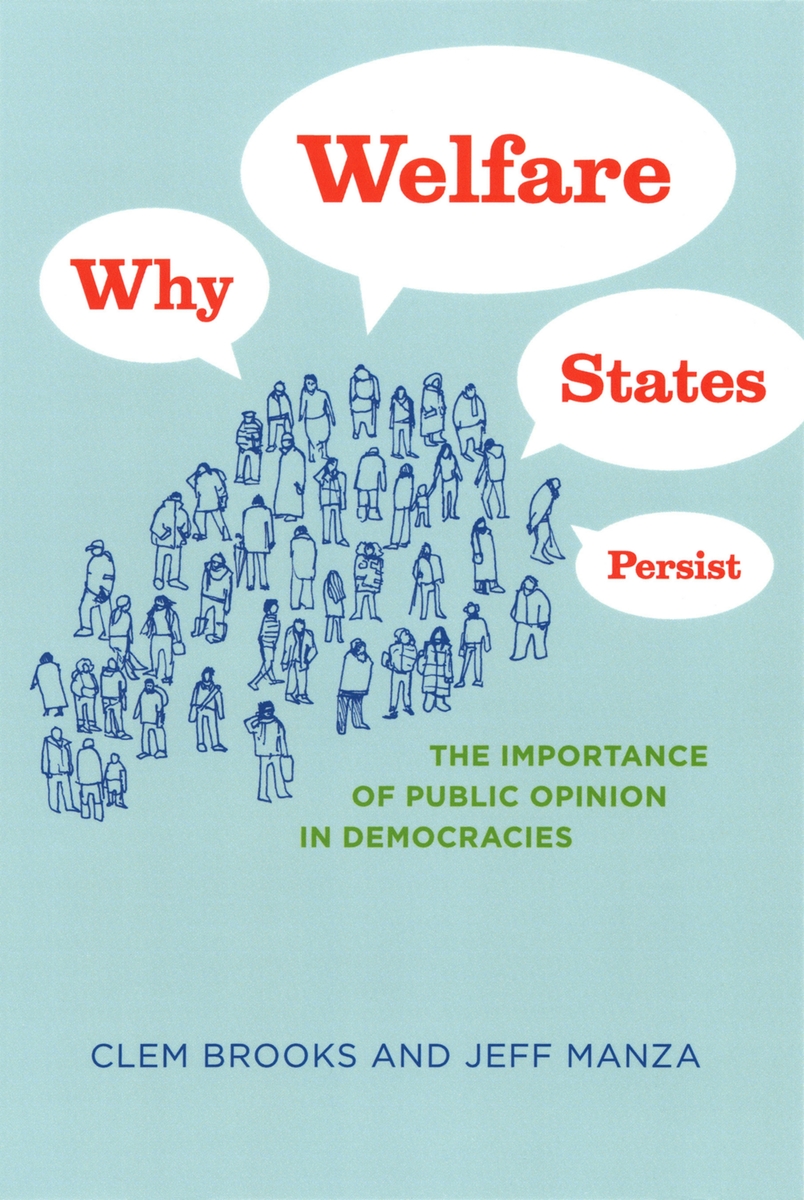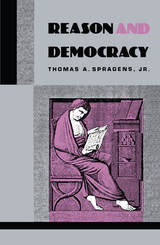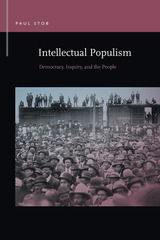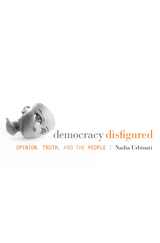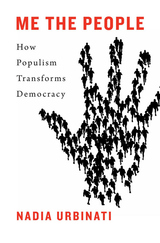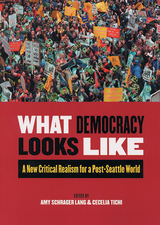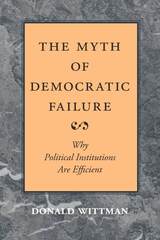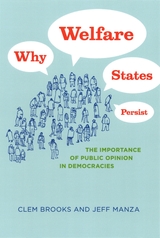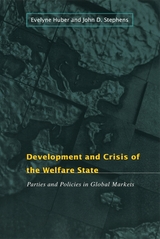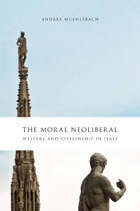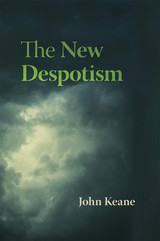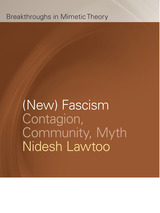“Why Welfare States Persist makes important predictions about how social welfare policies will hold up under increased globalization and provides illuminating explanations of their histories. This book will be of great interest to researchers and students in comparative social policy, public opinion, and political behavior.”<Robert Y. Shapiro, Columbia University>
— Robert Y. Shapiro, Columbia University
“Brooks and Manza pose a bold challenge to research on welfare state development by demonstrating the impacts of mass public opinion on cross-national social welfare policy. They rescue mass public opinion from one-sided institutional accounts and from crude portrayals of citizen attitudes as merely ‘national values’ with little or no political significance.”<Lawrence R. Jacobs, University of Minnesota>
— Lawrence R. Jacobs, University of Minnesota
“Lots of scholarly energy has been invested in trying to understand variation in welfare state entitlements. But in explaining this variation, surprisingly little attention has been paid to differences in public opinion. In this conceptually smart and empirically rich book, Brooks and Manza remedy this deficiency. They convincingly show that variation in welfare state outcomes is related to enduring differences in popular preferences. Their ‘embedded preferences’ approach to the topic deserves a wide audience in sociology, political science, and policy studies.”<Doug McAdam, Stanford University>
— Doug McAdam, Stanford University
“Why do some countries spend so much more than others on social welfare policies? Because, in large measure, their citizens want them to. Why hasn’t there been major retrenchment of such policies, in the face of globalization and other forces? Because the public doesn’t want retrenchment. And why do preferences persist within countries and vary between countries? Because they are embedded in collective memory, educational institutions, and the social groups to which people belong. In Why Welfare States Persist, Clem Brooks and Jeff Manza present a careful, cogent, and concise analysis of welfare state spending, showing in their comparison of social-democratic, Christian-democratic, and liberal-democratic states that the key word is ‘democratic.’ Why Welfare States Persist should affect debates about the sources of policy change for years to come.”<Paul Burstein, University of Washington>
— Paul Burstein, University of Washington
"This succinct argument is a must read for faculty and graduate students interested in the restructuring of welfare states over the past two decades."
— Choice
"Brooks and Manza have made a useful contribution by combining information from several sources to link public opinion and public policy on welfare provision. . . . The book makes a compelling case for how policy differences among countries can persist, even in our modern, globalized, and post-socialist economy."
— Andrew Gelman, Political Science Quarterly
"The authors of this well-written and thoroughly-documented book take us on a detailed journey through the historical development of theory and research on welfare states over the last half century, paying particular attention to comparative international dimensions. They bring an abundance of data and sophisticated analytical techniques to bear on the challenging task of teasing out the reasons why different countries and categories of countries which share certain characteristics differ in the level of welfare effort."
— Allan Brawley, Journal of Sociology and Social Welfare
"The authors present a compelling argument for the importance of public opinion as an integral factor in welfare policy. . . . This work will be of value for scholars who study the influence of public opinion on policy makeing in general, as well as for those interested in welfare policy specifically."
— Keith A. Clark II, Political Studies Review
